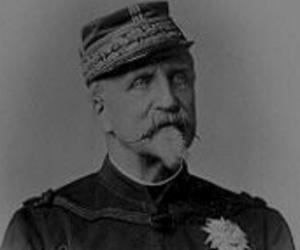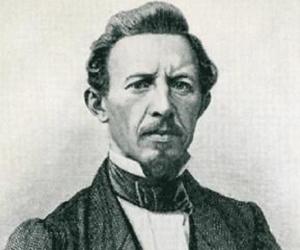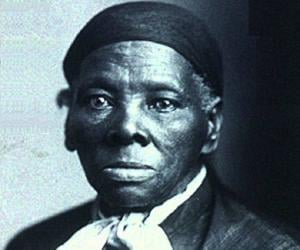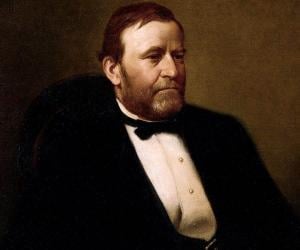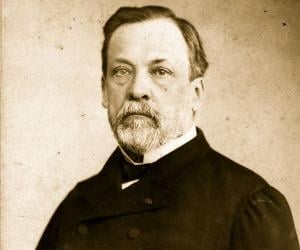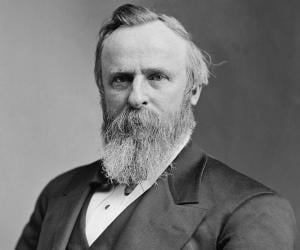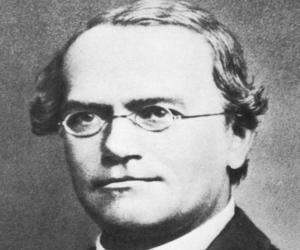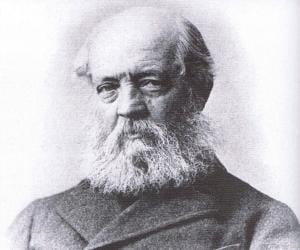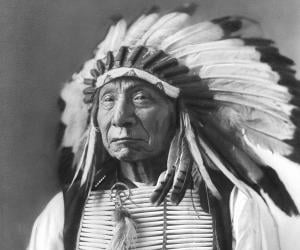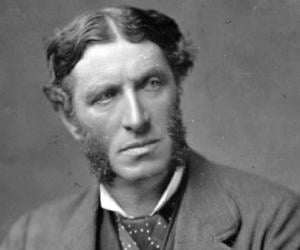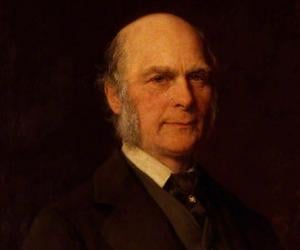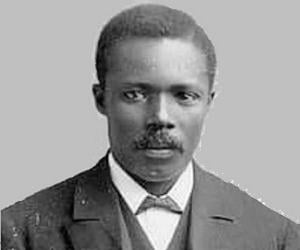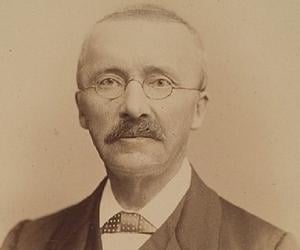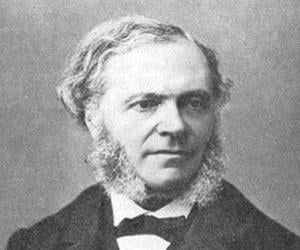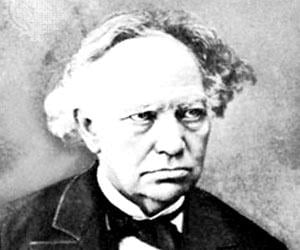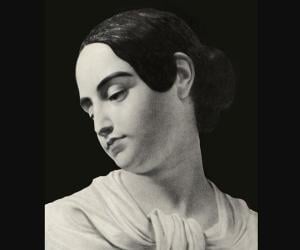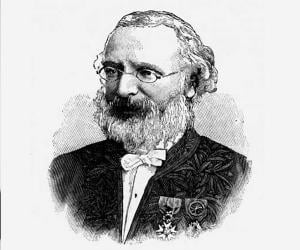Born to parents who were bonded slaves, Harriet Tubman life was a difficult one from the very beginning. Yet with her remarkable courage and determination, she not only escaped slavery herself, but also led other enslaved people to freedom. The prominent political activist and abolitionist was also the first woman to lead an armed expedition during the American Civil War.
The 18th president of the United States, Ulysses S. Grant held office from 1869 to 1877. He led the Union Army as Commanding General of the United States Army during the American Civil War and was a war hero. As president, he stabilized the post-war national economy and created the Department of Justice. Historians generally recognize his presidential accomplishments.
A scientist, meteorologist, mathematician, and biologist, Gregor Mendel is considered the founder of the modern science of genetics. He conducted a series of experiments on pea plants between 1856 and 1863, establishing many rules of heredity. Besides his work on pea plants, he also described novel plant species and conducted experiments with hawkweed and honeybees.
Frederick Law Olmsted was an American journalist, landscape architect, public administrator, and social critic. Dubbed the father of American landscape architecture, Frederick was responsible for co-designing several well-known urban parks including Walnut Hill Park, Prospect Park, Cadwalader Park, and Central Park. He is also remembered for his work on the landscape encircling the US Capitol building.
One of the most significant leaders of the Oglala Lakota tribe of the Sioux group of Native Americans, Red Cloud is remembered for his fearless resistance to the American plan of accessing the goldfields in Montana. He attached workers along the Bozeman Trail and eventually forced the U.S. to withdraw.
Iconic Victorian poet and literary critic Matthew Arnold is best remembered for his classic essay Culture and Anarchy, which was a social critique of the Victorian era. He also penned poems such as Dover Beach and Sohrab and Rustum. He had also been a school inspector for over 3 decades.
Nineteenth-century polymath Francis Galton revolutionized science with his pathbreaking research on human intelligence and psychometrics. His books dealt with diverse topics such as correlational calculus, fingerprint analysis, and meteorology, and he also explored Africa. He left Cambridge without an honors degree, and yet ended up being knighted for his achievements.
German businessman Heinrich Schliemann didn’t let his poverty or lack of education hinder his growth and learned several languages moving from place to place for trade. A pioneer in the field of archaeology, he is now remembered as the man who discovered Troy in his bid to unearth “Priam's Treasure."
Cesar Franck was a Belgian-born French Romantic composer, organist, pianist, and music teacher. Franck, who worked in Paris, is credited with popularizing new instruments made by Aristide Cavaillé-Coll all over France. From 1858 until his death in 1890, Franck also served as an organist at the Basilica of Saint Clotilde in Paris. Franck also taught future composers like Vincent d'Indy.
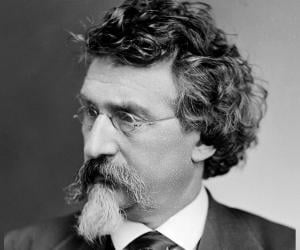
Mathew Brady was an American photographer who captured the American Civil War through his lenses. One of the earliest photographers in the history of the US, Brady is credited with taking pictures of prominent personalities like Abraham Lincoln, William McKinley, and Andrew Jackson. Dubbed the father of photojournalism, Mathew Brady was the most renowned American photographer during the 19th century.
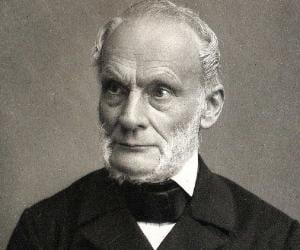
Rudolf Clausius was a German mathematician and physicist. He is credited with formulating the second law of thermodynamics; he is widely regarded as one of the principal founders of the science of thermodynamics. He taught physics at the Artillery and Engineering School in Berlin.
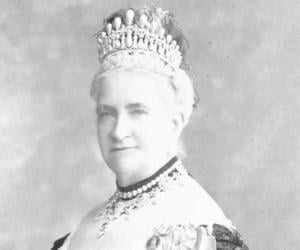
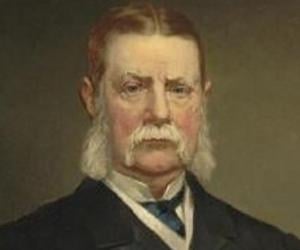
Charles Hermite was a French mathematician best remembered for his research on number theory, invariant theory, algebra, elliptic functions, orthogonal polynomials, and quadratic forms. Also an inspiring and influential teacher, Hermite taught Jules Henri Poincaré, who went on to become fa amous mathematician in his own right.
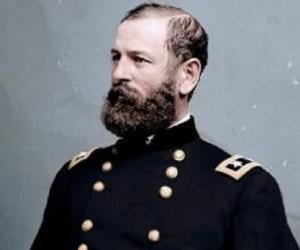
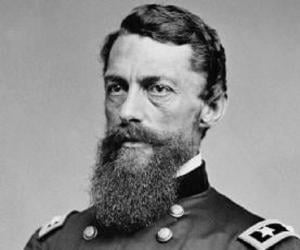
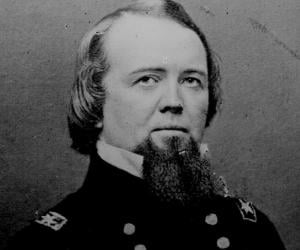
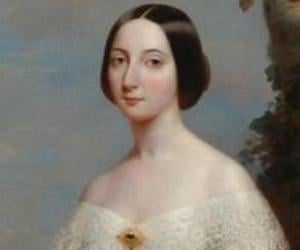
The first wife of Victor Emmanuel II of Sardinia, who later became the king of Italy, Adelaide of Austria was a Milanese noblewoman who became the queen of Sardinia. She birthed 8 children, including future king of Italy, Umberto I. Her marriage to Victor was primarily a political alliance.
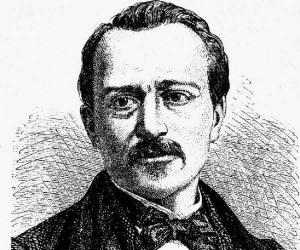
Étienne Lenoir was a Belgian-French engineer. He is credited with developing the internal combustion engine which was commercialized in sufficient quantities. Lenoir is also credited with inventing such electrical devices as an improved electric telegraph which played a key role during the Franco-Prussian War.
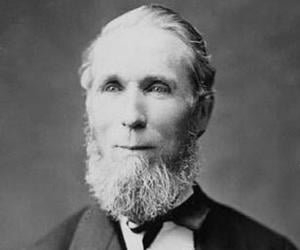
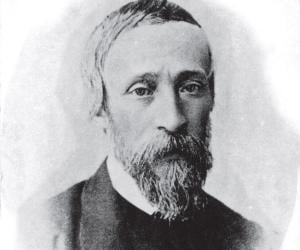
One of the pioneers of the European oil industry, Ignacy Łukasiewicz was a Polish pharmacist who not only invented the kerosene lamp but also co-established the first petroleum extraction company and invented Europe’s first modern street lamp. As an affluent man, in his later years, he also became a prominent philanthropist.
Frédéric Passy was a French pacifist and economist. He is credited with co-founding the Inter-Parliamentary Union as well as many peace societies, such as the Société Française pour l'Arbitrage entre Nations. He is best known for his involvement in the European peace movement, for which he received the prestigious Nobel Peace Prize in 1901.
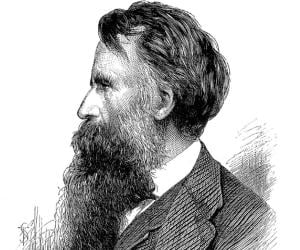
Apprenticed as a merchant at age 14, Robert William Thomson grew up to study civil engineering and also worked with the South Eastern Railway Company. His illustrious career saw him make quite a few inventions, such as the pneumatic tire, the fountain pen, and the road steamer.
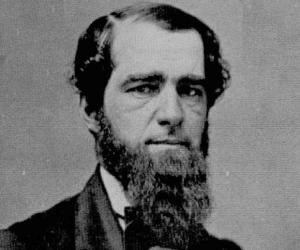
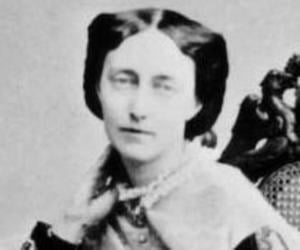
Olga Nikolaevna of Russia was the daughter of Charlotte of Prussia and Nicholas I of Russia. A member of the House of Romanov, Olga became the Kingdom of Württemberg's queen consort. She dedicated herself to social causes, including the issues surrounding the education of girls. She also played a major role in supporting and helping the disabled and wounded veterans.
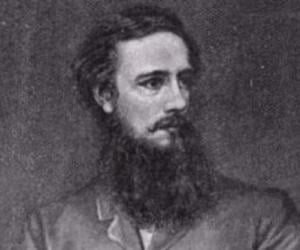
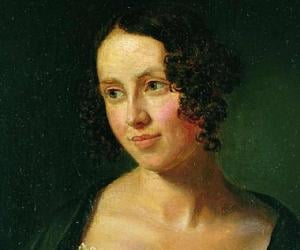
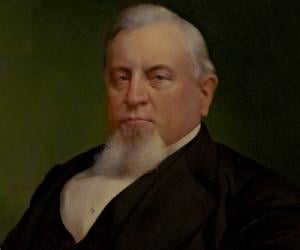
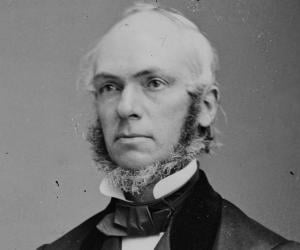
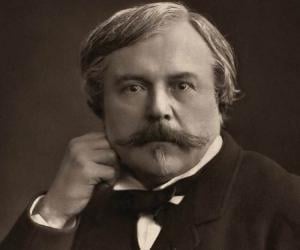
Edmond de Goncourt was a French writer, book publisher, art critic, and literary critic. He is credited with founding the popular French literary organization, the Goncourt Literary Society. Between 1856 and 1875, he published essays on 18th-century art, which helped revive appreciation for the Late Baroque.
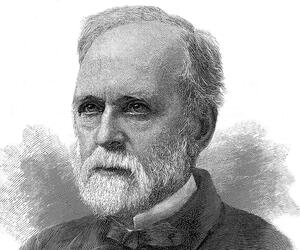
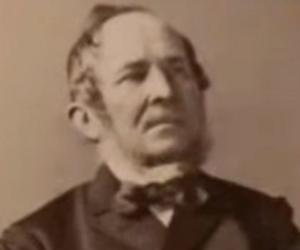
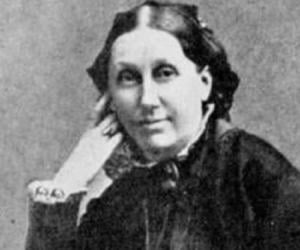
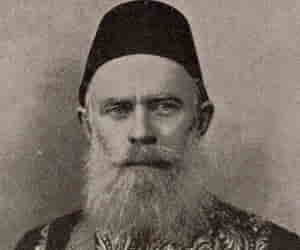
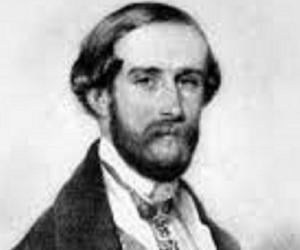
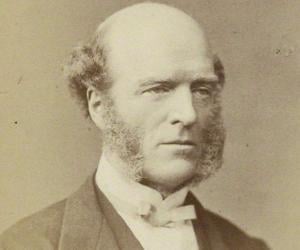
A qualified jurist, Thomas Hughes was also a renowned author, known for his iconic semi-autobiographical novel Tom Brown’s School Days. He also co-founded the Working Men’s College, as a result of his association with the Christian Socialist movement. He was also a Liberal Party MP, representing Lambeth and Frome.
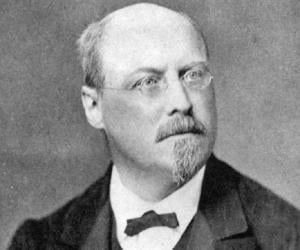
Joachim Raff was a German-Swiss pianist, pedagogue, and composer. He is best remembered for his work at the Hoch Conservatory in Frankfurt where he served as the institute's first director. He contributed immensely to the success of the conservatory and employed a number of renowned musicians as teachers, including Clara Schumann.

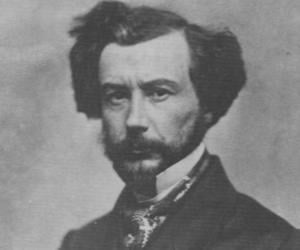
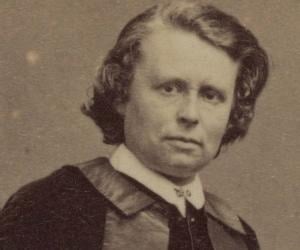
Rosa Bonheur was a French artist and sculptor whose paintings have been preserved in popular museums like the Metropolitan Museum of Art and the Musée d'Orsay. An influential personality, Bonheur was widely regarded as the 19th century's most popular female painter. An open lesbian, Rosa Bonheur stood out as a groundbreaking individual both in her personal life and her career.
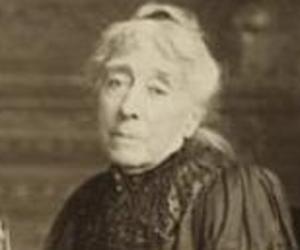
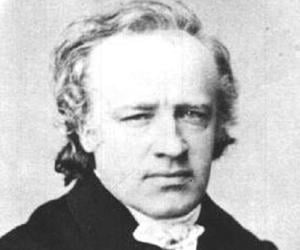
German astronomer Heinrich Louis d’Arrest is best remembered for hastening the discovery of Planet Neptune by suggesting the use an unpublished star chart, Hora XXI of the Berliner Akademische Sternkarten, while assisting Johann Gottfried Galle at Berlin Observatory. Known for his meticulous investigation he later discovered d'Arrest's Comet, 76 Freia, nebulae and two spiral galaxies called NGC1 and NGC 26.
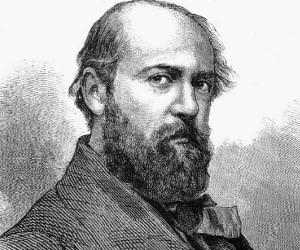
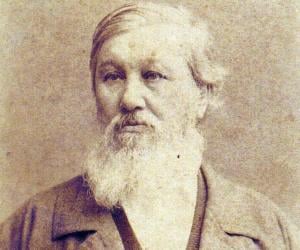
Russian naturalist and philosopher Nikolay Yakovlevich Danilevsky is remembered for opposing Darwin’s theory of evolution and for mingling Russian nationalism with his own study of natural history. He likened cultures to species and claimed that each culture was unique and could not pass on cultural traits to other cultures.
